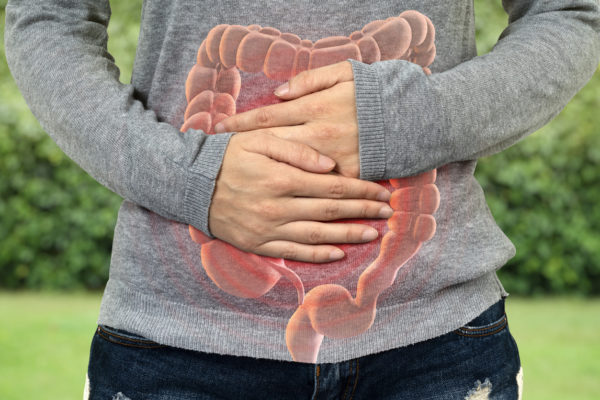Colon Cancer Screening – Schedule Your Colonoscopy Today!
Take Control of Your Health with Colon Cancer Screening. Early detection is key. If you’re 45 or older, it’s time to schedule your colon cancer screening. Our expert GI specialists at Unio Specialty Care make the process simple, safe, and effective.

Colon Cancer Screening: What You Need to Know
Colon cancer screening is a vital tool in protecting your long-term health. It helps detect colorectal cancer early—when it’s most treatable—and can even prevent cancer by identifying and removing precancerous polyps. At Unio Specialty Care, we provide comprehensive screening services for patients across California. Our team is here to help you understand your options and take the next step toward prevention.
Why Colon Cancer Screening Matters
Colon cancer is one of the most common — and preventable — cancers. When detected early, it’s highly treatable. Unfortunately, many people don’t experience symptoms until the disease is advanced.
If you’re over 45, screening isn’t optional — it’s essential.
Who Should Get Screened?
You should schedule a screening if you:
- Are age 45 or older
- Have a family history of colorectal cancer or polyps
- Experience symptoms like blood in stool, unexplained weight loss, or persistent abdominal pain
- Have a history of inflammatory bowel disease (e.g., Crohn’s or ulcerative colitis)
What to Expect During Your Colonscopy
At Unio Specialty Care, we guide you every step of the way:
- Personalized screening plan from our expert providers
- Simple scheduling and prep instructions
- Compassionate care in a comfortable, modern environment
Our goal is to make the process as easy and stress-free as possible.
Don’t Wait for a Colonscopy — Early Detection Saves Lives
COULD YOU BE AT RISK FOR COLON CANCER?
7 SIGNS YOU SHOULDN'T IGNORE
Colon cancer is the second leading cause of cancer-related death in the United States. Despite this alarming fact, it’s also one of the most preventable forms of cancer — thanks to modern screening methods like colonoscopies.
This whitepaper explains the key risk factors, seven critical warning signs, and how early detection through screening could save your life or the life of someone you love.
By submitting this form, you agree to receive occasional email updates with information and resources related to colon cancer screening. You can unsubscribe at any time.
Benefits of Colon Cancer Screening
Early Detection Saves Lives
Simple and Painless Options
Colonoscopies are Covered by Most Insurance Plans
Colon cancer screening is considered preventive care — which means it’s typically covered 100% by insurance if you’re over 45 or meet risk criteria.
Peace of Mind for You and Your Family
Screening provides clarity and reassurance. Taking action today helps protect your future and gives your loved ones peace of mind.
Schedule Your Colon Cancer Screening Today
Early detection can save your life—and getting screened is easier than you think. At Unio Specialty Care, our experienced GI specialists offer compassionate, comprehensive colon cancer screening services at convenient locations throughout California. Whether you’re due for your first screening or need follow-up care, we’re here to help you take the next step toward better health.
Frequently Asked Questions About Colon Cancer Screening
Colon cancer often develops without symptoms, especially in the early stages. Screening allows for the detection and removal of precancerous polyps before they turn into cancer, significantly reducing your risk.
Most people should begin screening at age 45, according to updated guidelines. However, if you have a family history or other risk factors, your doctor may recommend starting earlier.
Screening options include colonoscopy, stool-based tests (like FIT or Cologuard), and flexible sigmoidoscopy. Your provider can help you choose the best option based on your risk factors and preferences.
It depends on the type of test and your personal risk. A colonoscopy is usually recommended every 10 years, while stool tests may be done annually. Your doctor will guide you on the right schedule.
No, while colonoscopy is considered the gold standard, other methods like stool-based tests are effective for many patients. The best test is the one you’re willing to do—what matters most is getting screened.
Colonoscopy is typically done under sedation, so you won’t feel pain during the procedure. Some people may experience mild cramping or bloating afterward, but most recover quickly.
If a test detects polyps or other abnormalities, your doctor will discuss next steps. In many cases, polyps can be removed during a colonoscopy, preventing them from turning into cancer.
You’ll need to follow a specific prep process to clean out your colon. This usually involves drinking a special solution the day before the procedure. Your care team will give you detailed instructions.
